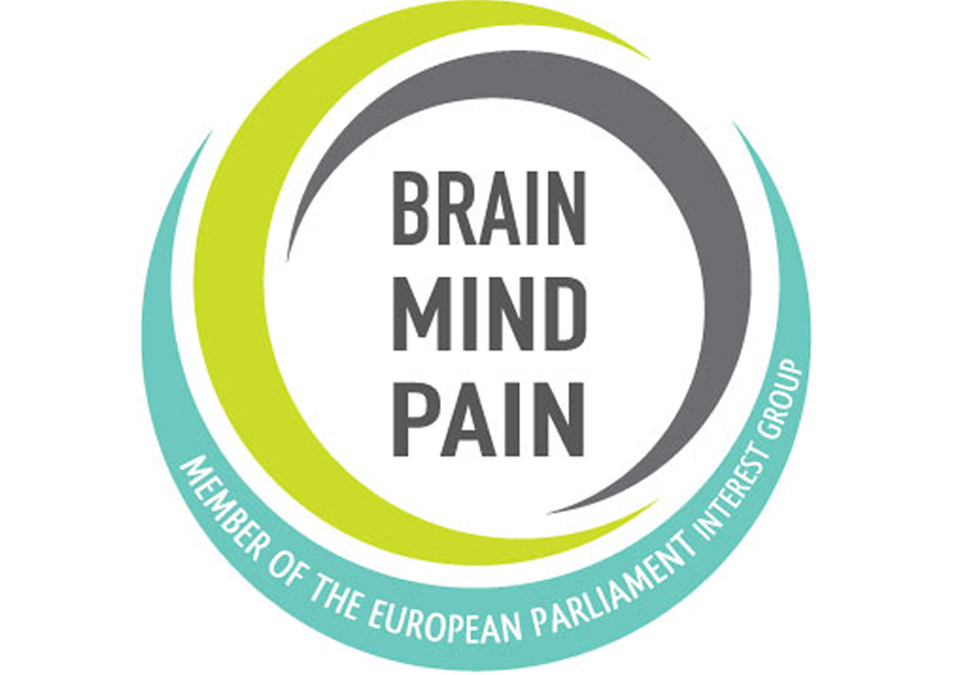On 6 March, the Interest Group on Brain, Mind and Pain held a meeting in the European Parliament bringing together patient organisations, institutions and industry to discuss the stigma and discrimination attached to long-term neurological disorders (i.e. migraine, multiple sclerosis) and chronic pain conditions. The meeting also touched on the support which is needed by informal carers.
The event was hosted by
- MEP Jeroen Lenaers, Member of the European Parliament from the European People’s Party (EPP) and co-chair of the Interest Group
- Joke Jaarsma, President of the European Federation of Neurological Associations (EFNA)
Speakers included:
- Elena Ruiz de la Torre, Executive Director of the European Migraine and Headache Alliance
- Joop van Griensven, President of Pain Alliance Europe
- Elisabeth Kasilingam, Managing Director of the European Multiple Sclerosis Platform
- Francesca Centola, Project Officer for Eurocarers
- Emmanuelle Grange, Head of Unit for Disability and Inclusion at the Directorate General for Employment of the European Commission
The meeting focused on:
- The impact of brain, mind and pain disorders on employment
- Ongoing initiatives which could potentially lessen the burden
- How the Interest Group should work to advance its policy recommendations on the issues
MEP Jeroen Lenaers took the opportunity to announce that the Interest Group will continue to exist after the European elections, as stigma remains an issue on which further work is required. Further to this, he suggested the Interest Group should collect best practices from different EU countries and implement them across Europe.
The agenda of the meeting is available here, with key takeaways below.
European Migraine and Headache Alliance (EMHA)
- Its survey, which ran across eight countries, highlighted that migraine sufferers experience unique challenges at work.
- The primary challenge is the lack of understanding and support available to them in the workplace.
- EMHA would like to create an interest group which concretely works on topics such as “women and migraine”.
Pain Alliance Europe (PAE)
- The 2018 survey focusing on Pain and Work Life showed that 50% of respondents were unable to work due to the employers not providing any necessary adaptions or because respondents did not receive occupational rehabilitation.
- Inability to work was also linked to a general decrease in income.
Multiple Sclerosis Platform (MSP)
- Barriers to treatment still exist and not enough public funding is allocated.
- There is a lack of awareness among employers and little alignment between national social and employment policies.
- A mind shift is needed to make sure people with multiple sclerosis are involved in work and society, instead of encouraging them to remain on social benefits.
Eurocarers
- 80% of the care work undertaken in Europe is informal; therefore, it falls outside the formal framework.
- Without informal care, European health systems would not be sustainable.
- Informal carers and women carers especially need to be supported as a social and economic imperative.
European Commission
- The Commission is about to launch an awareness campaign to fight against discrimination.
- It will also organise four seminars at national level so that employers understand how to deal with employees.
You can read the full report from the Meeting on the BMP website.
